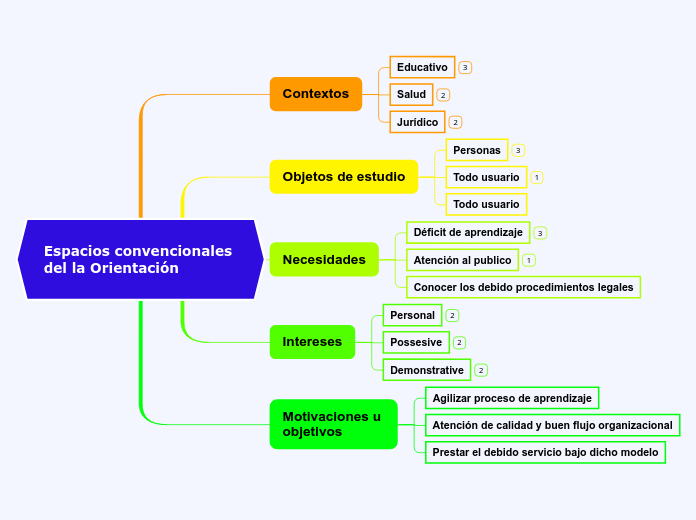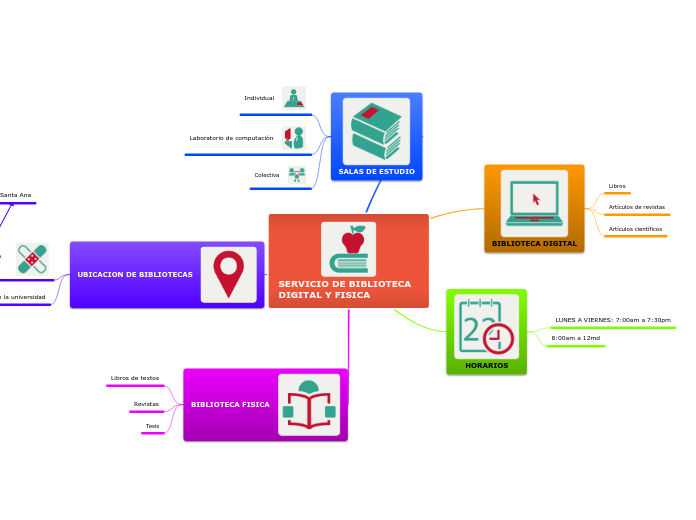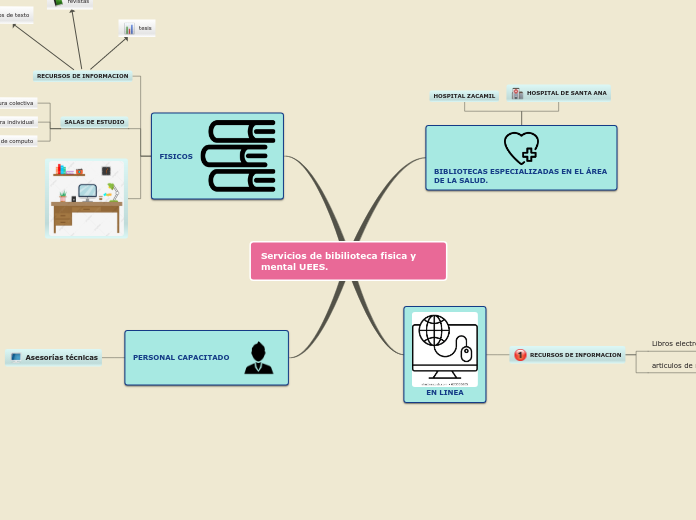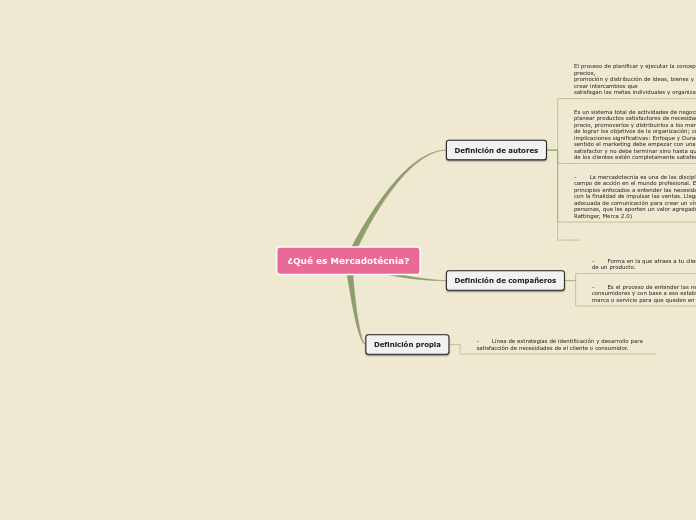Espacios convencionales
del la Orientación
The part of speech is a category to which a word is assigned according to its syntactic functions. In English the main parts of speech are noun, pronoun, adjective, determiner, verb, adverb, preposition, conjunction, and interjection.
Motivaciones u
objetivos
An article is a word used to modify a noun, which is a person, place, object, or idea. Technically, an article is an adjective, which is any word that modifies a noun.
Prestar el debido servicio bajo dicho modelo
Atención de calidad y buen flujo organizacional
Indefinite articles are the words 'a' and 'an.' Each of these articles is used to refer to a noun, but the noun being referred to is not a specific person, place, object, or idea. It can be any noun from a group of nouns.
Agilizar proceso de aprendizaje
It refers directly to a specific noun or groups of nouns.
Intereses
A pronoun is a word that can be used in place of a noun, typically after the noun itself has already been stated.
Demonstrative
Demonstrative pronouns are used to demonstrate (or indicate). This, that, these, and those are all demonstrative pronouns.
This, These
Possesive
Possessive pronouns are used to show possession. The possessive pronouns are mine, yours, his, hers, ours, and theirs.
His, Your
Personal
The personal pronouns are I, you, he, she, it, we, they. More often than not (but certainly not always), they replace nouns representing people.
Create sentences
He, They
Necesidades
An adjective is a word that's used to describe a specific noun and to provide more detail to the listener.
Conocer los debido procedimientos legales
Atención al publico
Superlative adjectives demonstrate a higher level of comparison between entities.
Respuesta rápida a las necesidades del usuario
Déficit de aprendizaje
Expresses a comparison between two entities or groups of entities in quality or degree.
Organización
Orientación vocaional
Problemas de conducta
Objetos de estudio
A noun is defined as a person, place, thing or idea. Proper nouns always begin with a capital letter. Common nouns, which are general words, such as 'cars,' are not capitalized.
A noun which refers to a group of things/people.
Todo usuario
Countable nouns are nouns that can be counted, even if the number might be extraordinarily high.
Uncountable nouns are nouns that come in a state or quantity which is impossible to count; liquids are uncountable, as are things which act
like liquids.
Con problemas de salud física y mental
Personas
Proper nouns are the names of specific people or places. They should always begin with a capital letter.
Profesores
Padres
Estudiantes
Contextos
A verb is an action word or 'doing' word that signifies movement in some way.
Jurídico
A participle is a verb form that can be used as an adjective or to create a verb tense. There are two types of participles: Present participle (ending -ing) and Past participle (usually ending -ed, -d, -t, -en, or -n).
Instituciones sociales y de ayuda
LOPNA
Salud
A linking verb connects the subject with a word that gives information about the subject, such as a condition or relationship.
Clínicas psiquiátricas
Hospitales
Educativo
A verb with its own meaning: a verb that is not an auxiliary verb.
Educación superior
Educación media
Educación primaria









